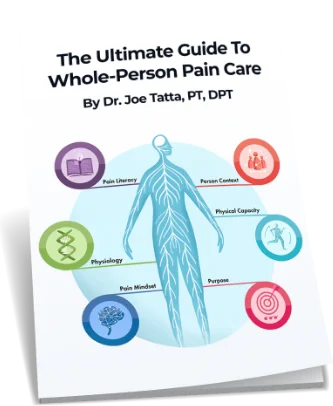How CBT Affects the Brains of Patients with Pain
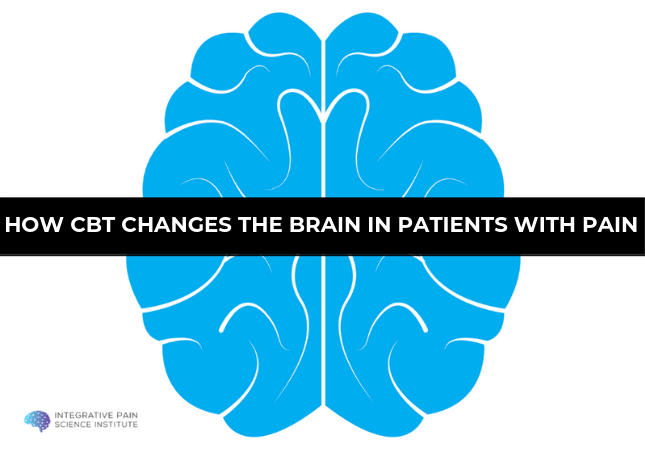
The number of people living with chronic pain is on the rise, with approximately 100 million adults in the U.S. alone affected. (1) This growing number suggests an obvious discrepancy in the number of patient complaints and our current system’s capacity to respond successfully. Have you explored the use of CBT techniques in your pain […]
Using ACT to Promote Physical Activity in Sedentary Adults

There is no shortage of exercise experts and advice. Physical therapists, personal trainers, exercise physiologists, and even psychologists council on exercise and graded activity. Professionals who understand pain and general health fully comprehend the importance of exercise. But if everybody understands the benefits of exercise, why is it that so few clients actually commit to […]
Experiential Avoidance: What it is and What Modern Pain Practitioners Need to Know
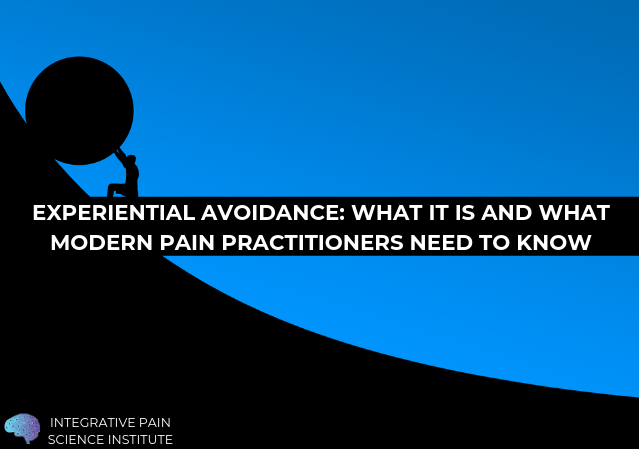
It’s natural to seek experiences that make you feel good while avoiding those that cause harm or discomfort. In fact, it’s an essential evolutionary response that could even be considered a normal, protective adaptation. (1) Sadly, avoiding persistent pain is an instinctive reaction that can end up causing even more discomfort. When a patient’s attempts […]
Using ACT to Inform Physical Therapist Practice
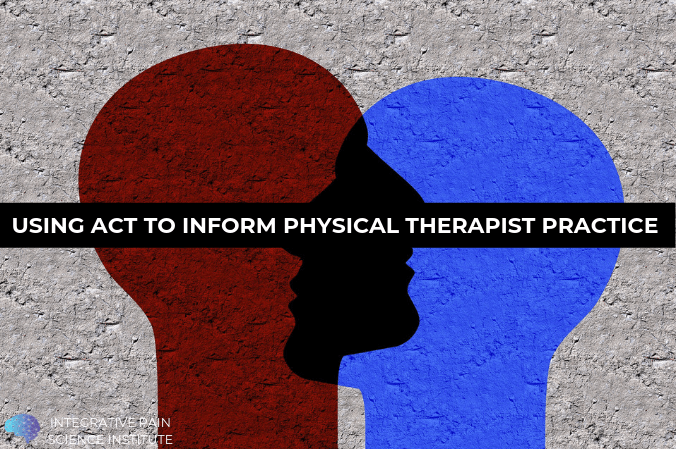
As a physical therapist, you are well aware of how psychology drives the behavior of your patients and how it can derail good pain care. Complementing your expertise in therapeutic exercise and manual therapy with psychological informed techniques can dramatically improve and accelerate treatment results. Cognitive behavioural therapy (CBT) is a traditionally key feature of pain […]
An Inside Look at Pain Education in Psychology School
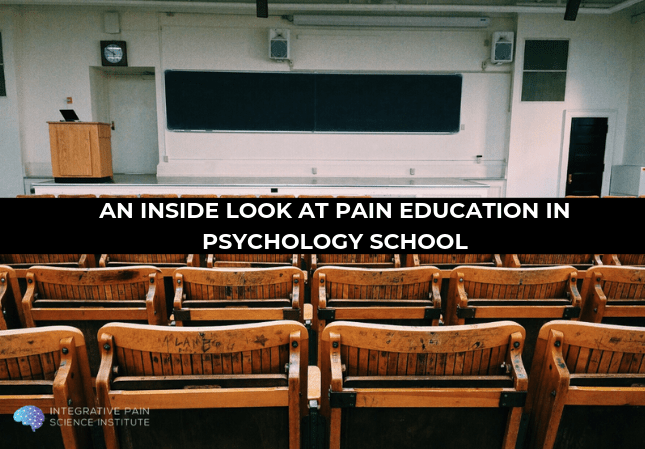
When the Institute of Medicine referred to pain as a public health crisis, research into the adequacy and availability of pain care treatment in the United States was placed under the microscope to reveal large gaps in pain education. (1) These gaps prompted the IOM and the draft National Pain Strategy to call for […]
How Psychologically Informed Physical Therapy (PIPT) Improves Musculoskeletal Outcomes
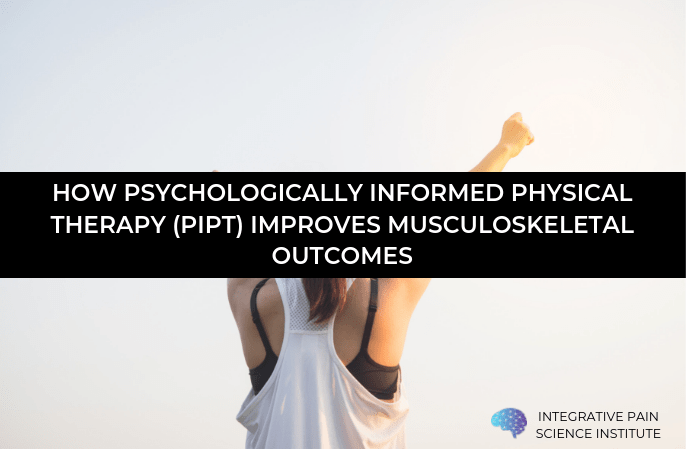
The theory underlying psychologically informed care is sound, and its practical application aligns well with a physical therapist’s mission to help improve patient outcomes and enhance quality of life, though the question that matters most is, does it work? Is there research to support the claim that psychologically informed care works? Welcome to PIPT. What is […]
